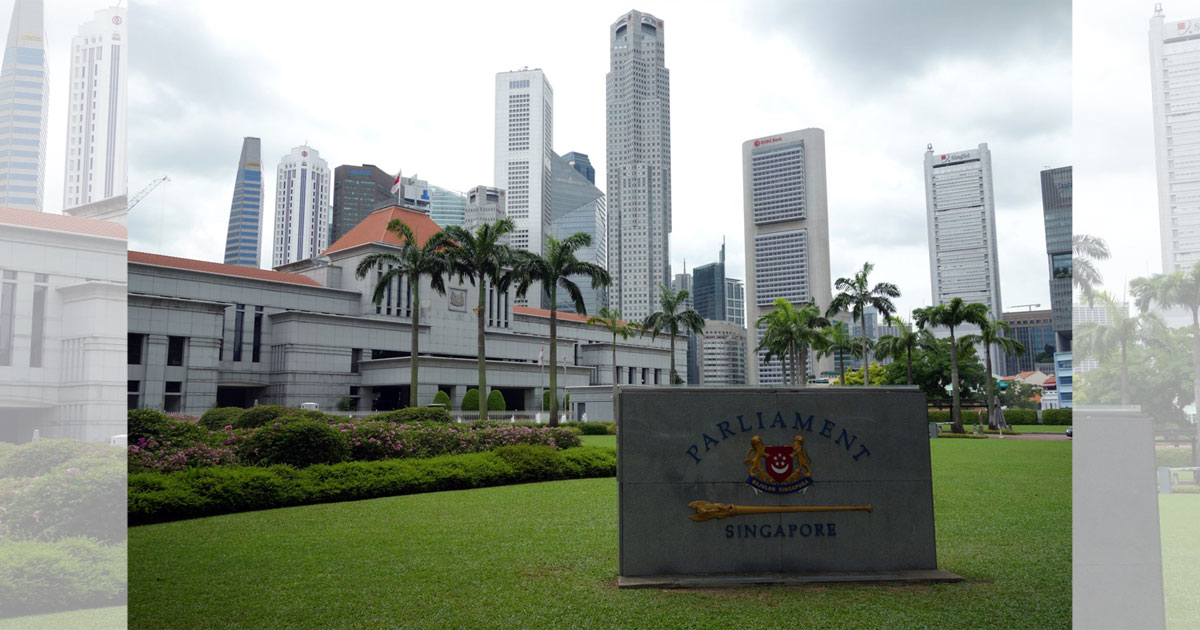The Select Committee on Deliberate Online Falsehoods was appointed to examine and report on the challenges that Singapore faces regarding deliberate online falsehoods.
On September 20, the committee published a report that found that among other things, government intervention (including new legislation) is necessary to disrupt online falsehoods.
Here are the reasons, extracted from its 317-page report, that it provides for coming to this conclusion:
1) Existing laws are inadequate
Citing a submission from Singapore Management University law dean Goh Yihan, the committee said there are no laws in place now that can force the person who published a falsehood, or the website on which the lie was published, to take it down to curb its spread.
Laws can be applied to punish the person who perpetuated the misinformation, but that action will not stop the damage the spread of the lie could cause.
The Protection from Harassment Act, for instance, would allow an aggrieved party to seek a court order to correct a false post or to remove it, but the court process is unlikely to be quick enough to stem its spread.
[related_story]
Under existing law, the committee said, executive powers that can be applied more speedily than court processes don’t clearly apply to arenas like online forums, bloggers or the blogs they publish to.
The committee also said that parties who argued that existing legislation suffices to tackle online fake news failed to give substantive analysis for the examples they provided or support for their “assertion”.
It also said legislation, or “legal action”, can send “a positive signal about what matters to society”, that reinforces the view that facts and evidence matter to society and its leaders.
2) Why new laws are needed
- Public education will not be able to completely safeguard against online falsehoods. This is because we have biases and are susceptible to making mistakes when assessing whether information is true.
- Falsehoods spread faster and further than accurate information and/or corrections.
- Accurate information and/or corrections may not reach all segments of the population.
- Online falsehoods capitalises on social vulnerabilities very easily, and such vulnerabilities will always be present in society.
- Fact-checking has limitations. This includes human biases, the weakness of accurate information compared with online falsehoods, and the further and faster reach of misinformation.
3) Voluntary actions from technology companies are not enough
The committee also pointed out that voluntary actions from technology companies are inadequate.
Companies such as Facebook, Twitter and Google (and YouTube) confirmed during the hearing that they generally will not remove content on the basis that it is false.
These technology companies may also have certain business considerations, such as the need to be popular with users, that prevent them from undertaking self-regulation.
In addition, the committee also stated that the track record of such technology companies shows that they "have not always responded seriously or adequately to the harm that their platforms have contributed to".
And that's why.
Top photo via Wikimedia Commons
If you like what you read, follow us on Facebook, Instagram, Twitter and Telegram to get the latest updates.
